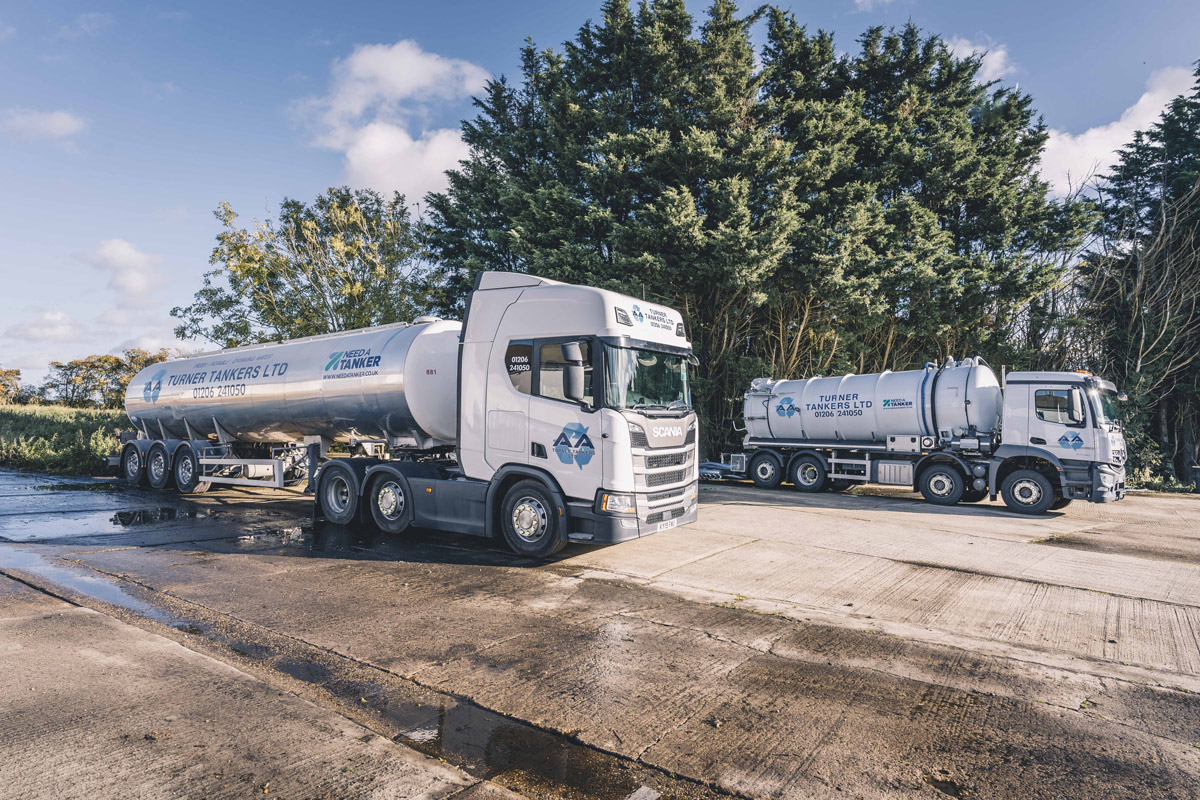Rumored Buzz on Reclaim Waste
Rumored Buzz on Reclaim Waste
Blog Article
Some Ideas on Reclaim Waste You Should Know
Table of Contents7 Easy Facts About Reclaim Waste ExplainedNot known Details About Reclaim Waste Indicators on Reclaim Waste You Should KnowNot known Facts About Reclaim WasteNot known Details About Reclaim Waste
Residential sewage waste refers to the waste and products from a domestic septic storage tank. The appropriate management and disposal of domestic sewer waste require fluid waste to be moved to a sewage therapy plant where the appropriate techniques and devices are applied to detoxify and dispose of waste.
Commercial waste commonly includes potential hazards, such as flammable materials or a mixture of fluid and solid waste products, and calls for a more advanced and in-depth disposal process. The disposal of business waste commonly includes the purification of waste prior to transport to guarantee risk-free and appropriate disposal. Industrial waste is developed from byproducts and overflow of commercial procedures and production.
This type of waste can not utilize the very same sewage management transportation or processes as septic or industrial fluids. The hazardous waste administration process calls for the examination and testing of fluid waste before it undertakes the disposal process (liquid waste removal melbourne). Drainage waste is the fluid waste that comes from overflow and excess stormwater in highly booming locations or cities
Runoff waste can cause contamination and flooding if not taken care of properly. Find out more concerning sewage system cleansing and waste monitoring. Ensuring proper waste management can prevent disasters and minimize ecological damage. Both individuals in domestic settings and professionals in business or manufacturing markets can gain from understanding the processes and guidelines of liquid waste monitoring.
Things about Reclaim Waste
Call PROS Providers today to discover our waste administration and disposal services and the proper ways to look after the liquid waste you generate.
(http://tupalo.com/en/users/7813759)Do you recognize what takes place to your water when you disengage, flush the commode or drain the washing maker? No? Well, it's worth knowing. This so-called 'wastewater' is not only a vital source however, after treatment, will be launched to our land, rivers or the ocean. Made use of water from toilets, showers, baths, cooking area sinks, washings and commercial procedures is recognized as wastewater.

water used to cool down equipment or clean plant and tools). Stormwater, a form of wastewater, is drainage that flows from farming and city areas such as roofing systems, parks, yards, roadways, paths and seamless gutters into stormwater drains pipes, after rainfall. Stormwater streams untreated straight to local creeks or rivers, ultimately getting to the ocean.
Reclaim Waste - An Overview
In Queensland, many wastewater is treated at sewer therapy plants. Wastewater is transferred from domestic or industrial websites with a system of drains and pump terminals, recognized as sewage reticulation, to a sewer therapy plant. City governments build, maintain and operate most sewage treatment plants. Operators are licensed under the Environmental Protection Act 1994 to discharge treated wastewater at an acceptable environmental standard right into rivers.
The Division of Natural Resources advises city governments about managing, operating and maintaining sewage systems and therapy plants. In unsewered areas, city governments might need homeowners to install specific or house sewer treatment systems to treat residential wastewater from commodes, cooking areas, bathrooms and laundries. The Department of Natural Resources authorises the usage of house systems when they are confirmed to be reliable.
In some brand-new neighborhoods, treatment of some stormwater to get rid of litter, sand and crushed rock has actually begun utilizing gross toxin traps. Wastewater treatment occurs in 4 phases: Removes strong matter.
Makes use of small living microorganisms understands as micro-organisms to damage down and get rid of continuing to be liquified wastes and fine bits. Micro-organisms and wastes are integrated in the sludge.
The 9-Minute Rule for Reclaim Waste
Nutrient removal is not available whatsoever sewage treatment plants since it calls for costly specialized devices. It is becoming more usual in Queensland. Clear fluid effluent created after treatment may still consist of disease-causing micro-organisms. If this effluent is launched right into waterways such as rivers or the sea, the micro-organisms will ultimately pass away out.

This typically implies wastewater has to be dealt with or pollutants removed prior to it can be released to waterways. Most wastewater moves into the sewerage system. Under the Act, neighborhood federal governments provide approvals and permits for ecologically pertinent tasks (Ages) involving wastewater launches that might have a neighborhood effect. The department carries out approvals and licences to Periods including wastewater releases that may have a regional or statewide influence.
More About Reclaim Waste
Otherwise, samples are considered laboratory analysis. Usually numerous tests are required to develop the levels of each site of the different contaminants such as oils, hefty steels and pesticides in water. Surveillance provides accurate info concerning water quality and can confirm that licence conditions are being satisfied. The info gotten via monitoring provides the basis for making water quality decisions.
Report this page